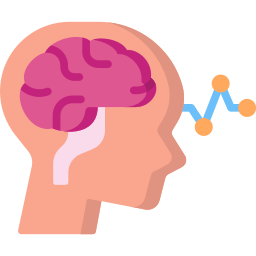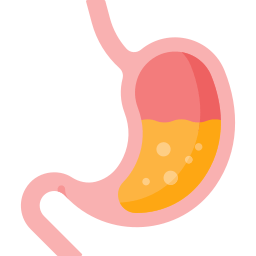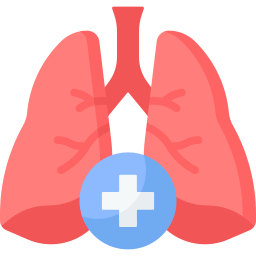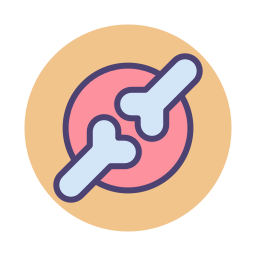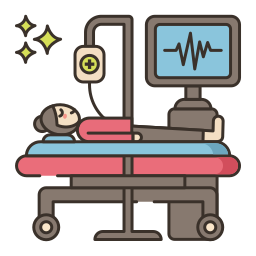Nephromedicine
Overview
At Charnock Hospital, our Nephrology Department offers expert consultations, advanced practices, and personalized treatments. We provide comprehensive care, including preventive measures, chronic kidney management, and kidney transplant discussions, all with a patient-centered approach.
Department Highlights

Chronic Kidney Disease
Advanced screening, innovative treatments, and comprehensive care paired with robust patient education

Acute Kidney Injury
Rapid diagnosis and treatment to restore kidney function and manage complications

Glomerulonephritis
Precise diagnosis and personalized treatment to manage kidney inflammation

Hypertensive & Diabetic Kidney Disease
Comprehensive care to manage high blood pressure and diabetes, aimed at preventing kidney complications
Why We’re the Best Choice?
Our nephromedicine department is committed to enhancing patient outcomes with comprehensive, individualized care. Here’s why we stand out:
Renal Expertise
Our full-time nephrologists provide advanced medication therapy to improve patient outcomes and reduce complications.
Preventive Care
We offer comprehensive care approaches to prevent kidney damage and manage risk factors effectively.
Integrated Care Approach
Our nephromedicine department collaborates with other specialists to deliver comprehensive, individualized care tailored to every patient’s needs.
Our Expert Nephrology Team
Testimonials
FAQ
How is Chronic Kidney Disease (CKD) diagnosed?
CKD is typically diagnosed by measuring kidney function through blood tests (serum creatinine and glomerular filtration rate), urine tests, and imaging studies.
What causes Glomerulonephritis?
Glomerulonephritis is a kidney condition caused by infections, certain medications, autoimmune diseases, and underlying conditions such as diabetes or hypertension.
How do high blood pressure and blood sugar affect my kidneys?
Prolonged high blood pressure and high blood sugar levels damage the blood vessels and filtering units in the kidneys, impairing its ability to function properly which can lead to kidney disease and other complications.
What is Acute Kidney Injury (AKI)?
Acute kidney injury (AKI) is a condition where kidney function suddenly declines, often within hours or days, leading to the accumulation of waste products and fluid imbalances.
What are the symptoms of glomerulonephritis?
Symptoms of glomerulonephritis may include inflammation, high blood pressure, blood in the urine, and foamy urine due to excess protein.
What is the long-term management for kidney diseases?
Long-term management of kidney diseases involves regular follow-up with your doctors to monitor and maintain optimal kidney health. Effective management can slow or prevent the progression of kidney disease.






